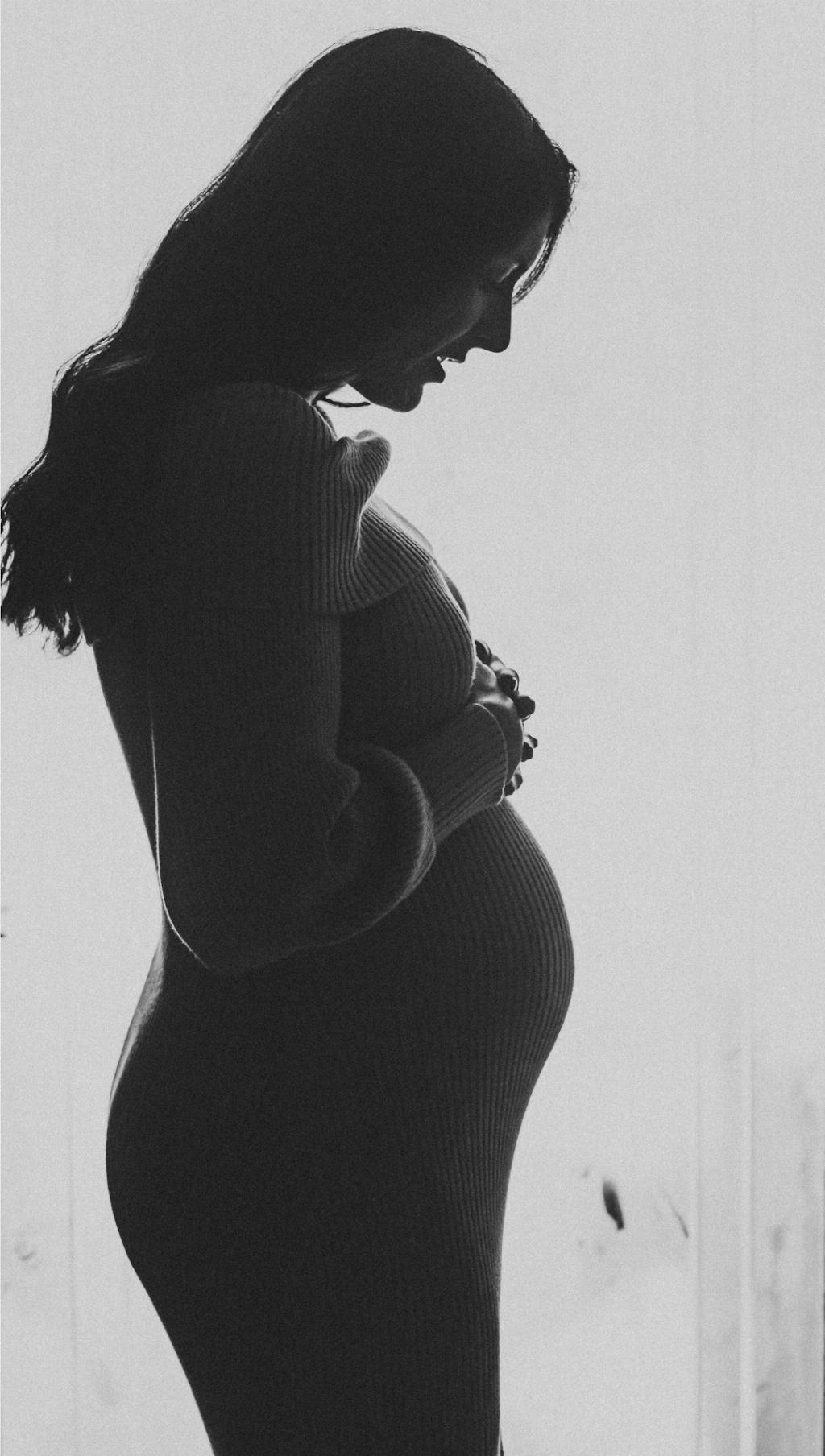When it comes to early pregnancy, many women experience a variety of sensations in their belly region. One common symptom that may arise is a feeling of tightness or bloating. This can be attributed to the physical changes that occur as the uterus begins to expand and push against the intestines. As a result, there may be a sense of fullness or pressure in the abdominal area, which can be uncomfortable but is usually completely normal.
Another factor that contributes to belly discomfort in early pregnancy is hormonal changes. These fluctuations can affect digestion, leading to issues such as increased gas and constipation. The combination of a growing uterus and changes in digestion can result in a sensation of heaviness or bloating that many women may notice in the early stages of pregnancy.
It’s important to note that every woman’s experience with early pregnancy symptoms can vary. While some may feel bloating or tightness in the belly, others may not experience these sensations at all. It’s essential to listen to your body and pay attention to any changes or discomfort you may be feeling, as this can help you better understand and manage your early pregnancy symptoms.
As the body adapts to the changes occurring during early pregnancy, it’s common for women to notice their belly starting to grow or feel more prominent. This growth is a natural part of the process as the uterus expands to accommodate the developing fetus. The feeling of a bigger belly can be reassuring for many women, as it signals the progress of the pregnancy and the body’s preparation for the months ahead.
In addition to physical changes, early pregnancy can also bring about emotional fluctuations that may impact how a woman perceives and feels about her belly. Some women may feel a sense of excitement or anticipation as their belly grows, while others may experience anxiety or uncertainty. These emotions are all valid and normal responses to the changes taking place during the early stages of pregnancy.
It’s important to practice self-care and listen to your body during early pregnancy. If you are experiencing discomfort or unusual symptoms in your belly region, it’s always best to consult with your healthcare provider for guidance and reassurance. They can help address any concerns you may have and provide recommendations for managing any discomfort you may be feeling.
Staying hydrated, eating a balanced diet, and engaging in gentle exercise can also help support your overall well-being during early pregnancy. These practices can promote healthy digestion, reduce bloating, and support the growth and development of your baby. Taking care of yourself both physically and emotionally is key to navigating the ups and downs of early pregnancy.
As your pregnancy progresses, you may find that your belly continues to grow and change in shape and size. Embracing these transformations as a natural part of the journey can help you feel more connected to your body and your growing baby. Remember that every woman’s experience with early pregnancy is unique, and it’s essential to honor your individual journey and the changes you are experiencing.
Overall, how your belly feels in early pregnancy can vary from woman to woman and even from pregnancy to pregnancy. The sensations of bloating, tightness, or a growing belly are common experiences that many women may encounter as their bodies adjust to support the developing fetus. By listening to your body, seeking support when needed, and practicing self-care, you can navigate the early stages of pregnancy with confidence and ease.

